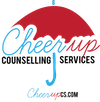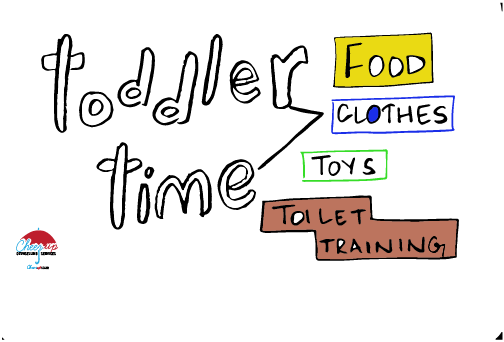Autonomy versus Shame & Doubt(2-3 yrs)
In my last blog, I spoke about Trust vs Mistrust, that is the 1st stage of Erik Erikson’s theory of Psychosocial development, As promised, we are now moving on to the 2nd stage, that is Autonomy vs Shame & Doubt (2-3 yrs), which will be very useful & informative for mothers who are noticing that their child is becoming independent and having their own preferences & choices now.
This stage is significantly very important because
- they will now start to explore the world around him/her
- they will begin to walk away from their parents
- they will start making their choices in terms of what to eat,
- they will select what to wear,
- they would prefer certain toys to play with
- they will also master toilet training
Hear me out Parents:
This stage is just not important for children, parents share equal responsibility in allowing their child to experience independence. The major role that parents play here is that of an encourager, who will motivate their child to do things by themselves. When you allow your child to take his/her decisions, they will experience a sense of achievement, which will eventually lead to independence. Therefore you contribute towards healthy independent individuals
But
If parents discourage, over protect, constantly criticize, then children will not be able to explore freely. They will feel embarrassed to try anything by themselves, as they were not allowed to do so in the past or were constantly nagged for making their own choices.
Toilet training
This is also the time, where your child will be ready to get toilet trained. Parents, you need to understand that your child is learning, it will take time for him/her to master it.
- Patience & consistency is the key
- You always use words or sentences that are encouraging – Good Job, I am so Proud of you, It is ok, No problem, We will work together, We will try again..
- You make sure that you do not use words that will hurt the child – What is wrong with you, Look at the other kids?, You get me really tired, Look, what have you done again, I have to clean the mess all the time, I can’t take care of you anymore, You are getting me very angry
Parents! I am very proud of you. If you are here, reading this, I am sure you are a great parent.
You are willing to learn.
Good Luck to you!
If you do need to talk to a professional regarding your child call us @ +647 939 1730 or email us at zainablehry@gmail.com.
Will be happy to help you!




